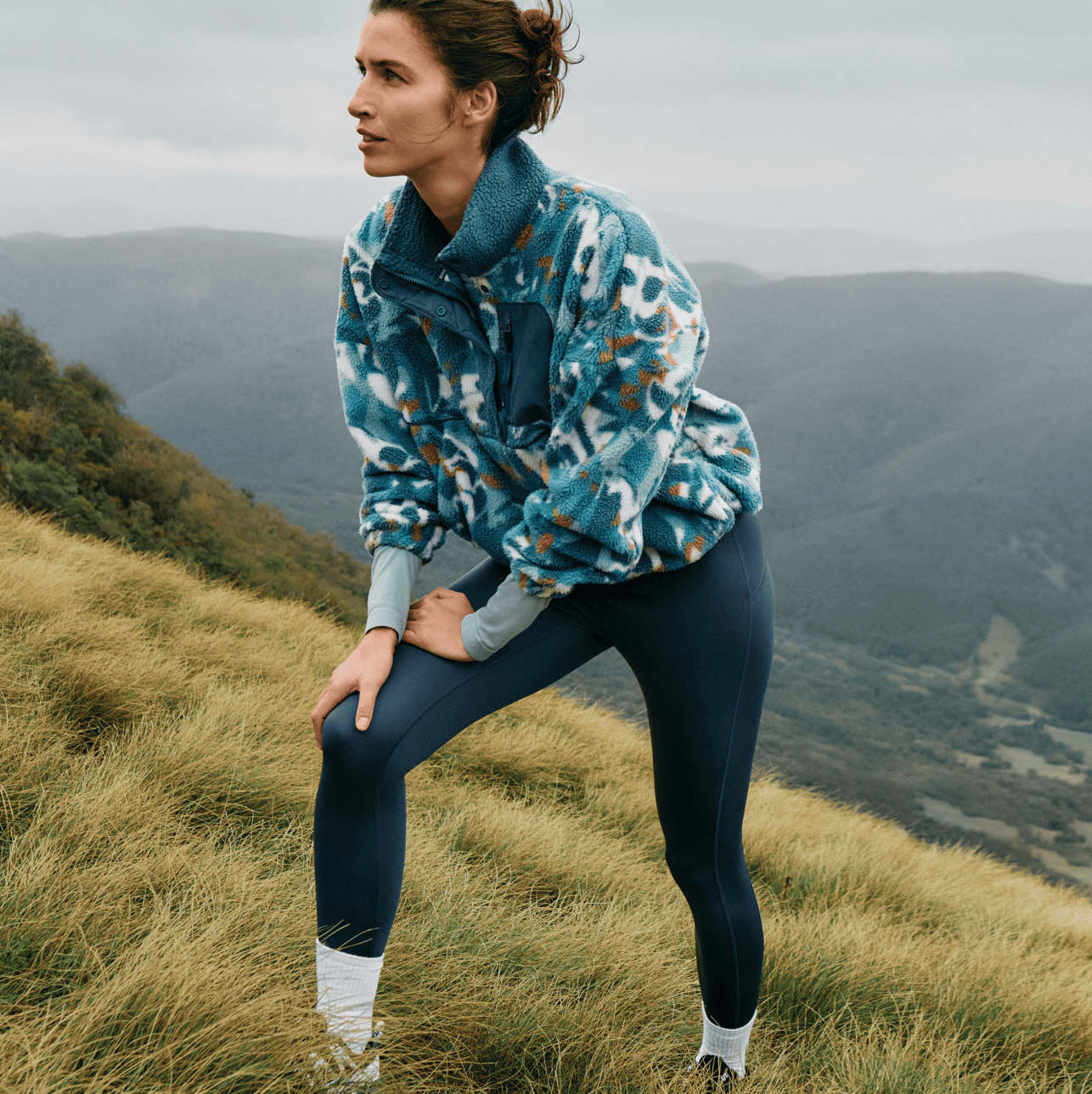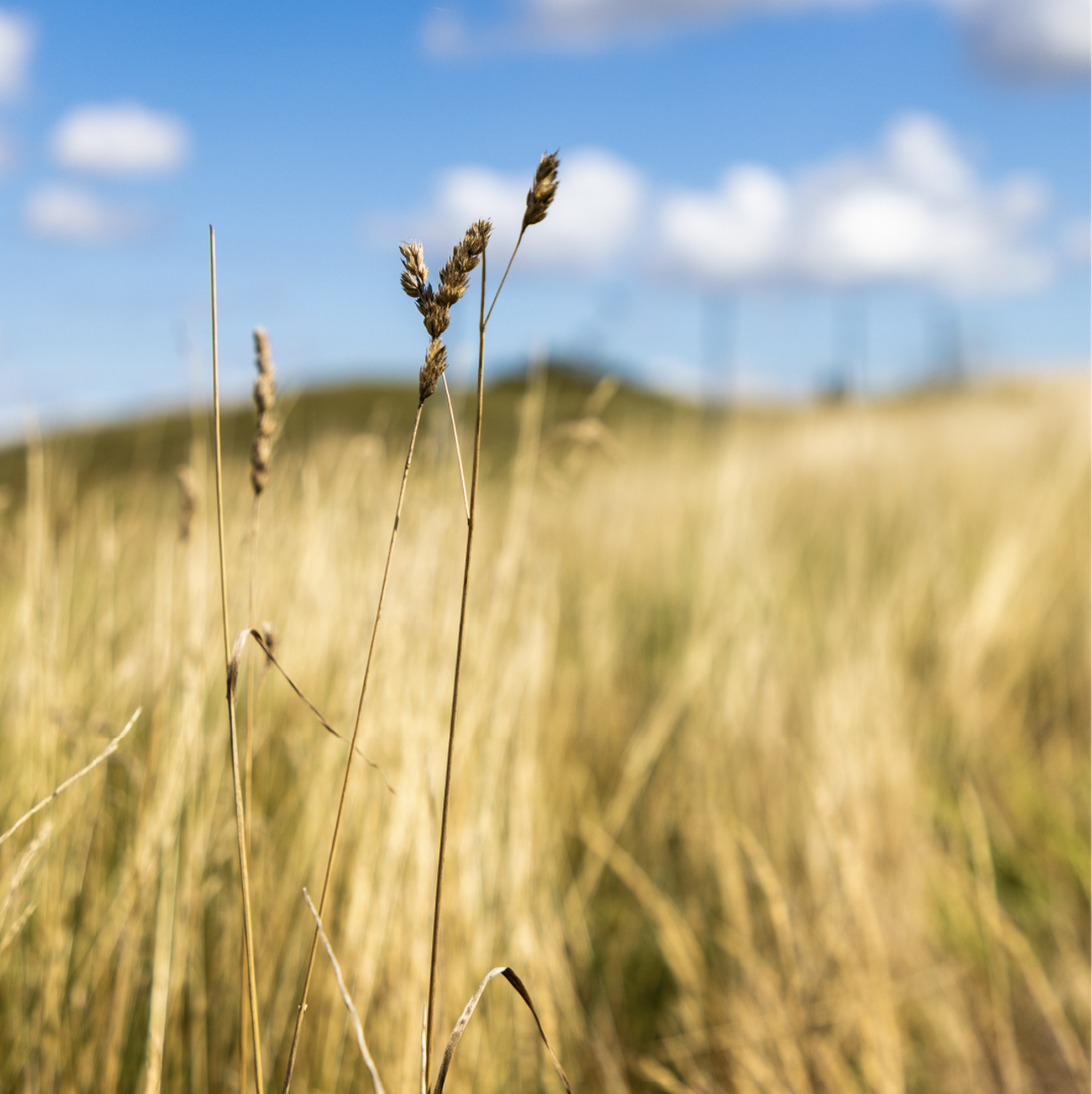
Cotton
Cotton is one of our most used fibres, accounting for over 50% of the raw materials we use. Since 2019, we have sourced all of the cotton in our clothing through Better Cotton, organic- or recycled-certified. In 2023/24 we continued to convert cotton in our homeware products making significant progress and are now at 93%. We are confident that we will meet our 100% cotton target across Fashion, Home & Beauty by 2025/26.
Polyester
Polyester is one of our second most used fibres accounting for around 20% of the raw materials we use. We are proud to have reached a major milestone in 2023, with 70% of our polyester now verified as recycled. Building on the progress made throughout 2023/24, we are confidently on track to achieve 100% recycled polyester by the end of 2025/26.


Man-made cellulosic fibres
Our Man-made cellulosic fibre make up to around 10% of the raw materials we use. Our preferred man-made cellulosic fibres (MMCF) are sourced from supply chains with a low risk of contributing to deforestation and are produced using the most advanced manufacturing technologies available. Our goal is to source 100% preferred MMCF by 2025, and we've made excellent progress, already achieving 47% of that target in 2023/24.
Animal Derived Fibres
To create high-quality, durable clothing, we use the finest raw materials available, including animal-derived fibres like wool, mohair, and cashmere. We are committed to sourcing certified fibres to uphold high animal welfare standards and responsible practices.
The health and welfare of all animals connected to our supply chain are very important to us and this applies equally to our Clothing & Home products as our Food products. Guided by our M&S Clothing & Home Animal Welfare Policy, we’ve continued to improve the sourcing of the animal-derived raw materials in Clothing & Home. We work in collaboration with industry-leading organisations and NGOs to enhance our own progress and support systemic industry change.
We are a signatory to Textiles 2030, a voluntary agreement which launched in April 2021, funded by its signatories and government.
Signatories will collaborate on carbon, water and circular textile targets, and also contribute to national policy discussions with UK governments to shape extended producer responsibility and other critical regulatory developments.
We have joined the Circular Fashion Partnership in collaboration with Global Fashion Agenda. This is a new initiative to capture and reuse textile waste in Bangladesh by bringing major brands, manufacturers and recyclers together to find successful circular processes that reduce textile waste and distribute value throughout the value cycle, generating economic benefits in Bangladesh by accelerating the fibre recycling market.
We have been an active member of the Textile Exchange since 2004. Founded, in 2002, the Textile Exchange is a global non-profit that aims to respace the textile industry by identifying and sharing best practices.
We actively participate in all Textile Exchange forums and discussions. Textile Exchange also develop and own standards that provide traceability for materials such as organic cotton and recycled polyester. In response to increased calls for assurance that animal welfare is protected they have also developed standards on responsibly sourced wool alpaca and down.
The Sustainable Fibre Alliance (SFA) is a non-profit international organisation working with the extended cashmere supply chain, from herders to retailers. Their goal is to promote a global certification standard for cashmere production to preserve and restore grasslands, ensure animal welfare and secure livelihoods. Their aim is to ensure that internationally traded cashmere is produced using better practices, resulting in a reduced environmental footprint and to secure appropriate economic returns for participants throughout the supply chain.
M&S joined the SFA in 2018, which will allow us to benefit from its network of implementing partners they have on the ground who are helping to deliver a very comprehensive cashmere standard. This will also enable us to add better grassland management to the work we have already done on animal welfare. The SFA have also set up farm projects in China, where our supplier sources all its cashmere fibre, which will hopefully enable us to collaborate with other brands.
We've been a member of The Microfibre Consortium (TMC) since 2018, which works to accelerate research and find solutions to tackle microfibre issues.
We know that microfibres from all types of fibre pose a risk, and through TMC we've supported research through direct funding and material donations and closely collaborated with the industry. As a member, we are aiming for effective solutions to mitigate textiles fragmentation by 2030.




